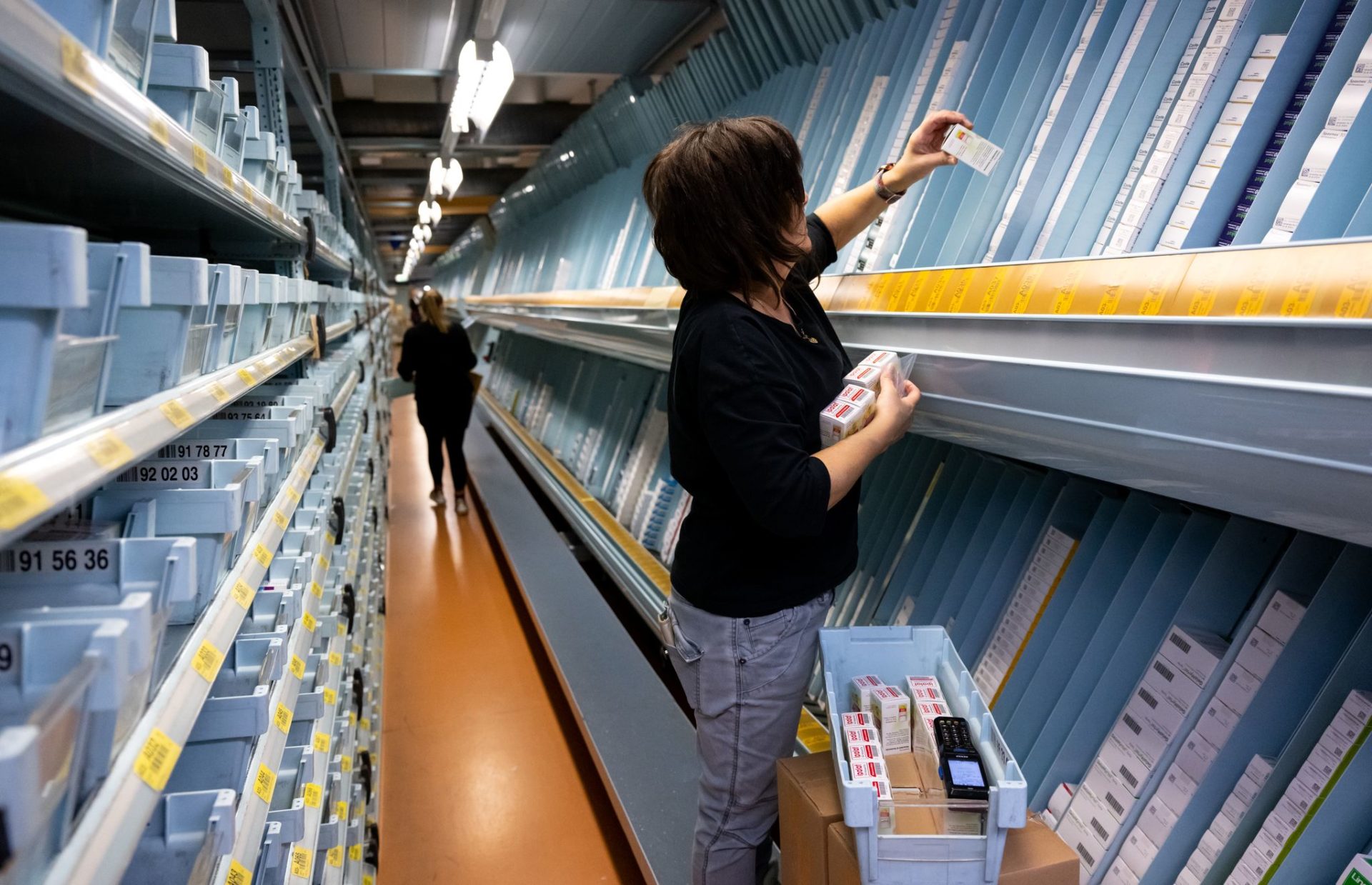Prague – By the year 2045, the largest polluters, namely the pharmaceutical and cosmetics industries, should be involved in the cleaning of urban wastewater, according to an amendment to the directive approved by the European Parliament in April. The Czech Association of Pharmaceutical Companies (ČAFF) stated that it views the directive as an additional burden on an already competitively challenging sector and it could affect the price and availability of medicines. The introduction of further measures will affect nearly 600 treatment plants in the Czech Republic, with costs in the hundreds of billions of crowns over the next 20 years, said ČTK director of the Association of Water Supply and Sewerage Industries of the Czech Republic (SOVAK) Vilém Žák.
The so-called quaternary cleaning targets the removal of substances that standard technology cannot remove from wastewater. The new European legislation, which will have the pharmaceutical and cosmetics industries bear 80 percent of the costs of the quaternary cleaning stage, thus fulfills the principle that the polluter pays, Žák said.
“The costs of producing and delivering medicines to patients in the EU will thus increase,” claims Filip Vrubel, executive director of ČAFF. The association also criticizes that the directive was originally supposed to include other industries, but in the end, only two will be involved in the cleaning. “This creates the impression that these two sectors will also pay for the pollution of wastewater caused by all other industrial sectors,” Vrubel added. According to the association’s information, the costs of implementing quaternary cleaning in certain countries could be five to six percent of the company’s turnover. “It is expected that manufacturers will reflect these increased costs in the price and over-the-counter medicines will probably become more expensive,” Vrubel stated. He added that the directive affects all drug manufacturers and can also negatively impact the availability of some prescription drugs. The introduction of new measures will not be without structural adjustments, including at treatment plants that were completed in the recent past, SOVAK claims. According to its calculations, the costs will reach hundreds of billions of crowns.
In connection with the amendment of the directive, there will also be an obligation to monitor public health parameters, chemical pollutants, microplastics, and antibiotic resistance. The wastewater sector is expected to achieve energy neutrality, which means that by 2045, treatment plants will have to produce the energy they consume. Žák expects the directive to be adopted in the fall of this year, it must still be approved by the EU Council. From the issuance in the collection of regulations, a 30-month period will begin for the implementation of the measures.
 go to the original language article
go to the original language article
